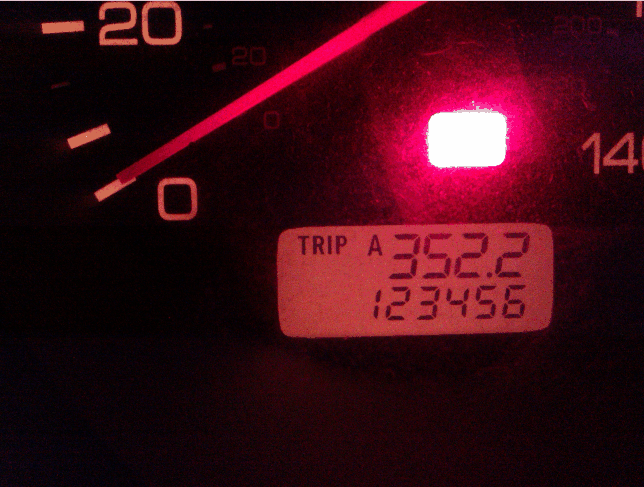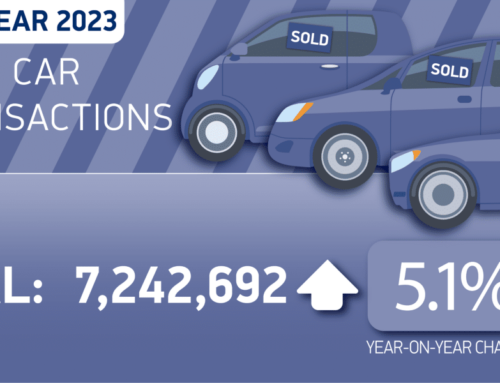The traditional 3 year and 60,000 mile fleet operating cycle may become a thing of the past as the economic downturn is said to be causing some fleets to extend vehicle replacement cycles, in some cases for as long as 5 years and more than 150,000 miles.
That’s the trend identified by technology firm epyx via its 1link Service Network e-commerce platform, a system used to manage service and maintenance schedules by fleets running two million company vehicles serviced at over 15,000 garages.
Talking about the phenomenon, industry veteran, Ken Trinder, who heads of business development at epyx, said, “We are seeing some companies effectively abandoning the concept of the traditional fleet replacement cycle. They look as though they might be set to run their vehicles further still and, in doing so, are moving into unknown territory for fleets in terms of age and mileage. What is interesting is that, from their maintenance records, it seems as though these vehicles are bearing these high mileages pretty well. The cost of keeping them on the road is not yet becoming excessive and there are no indications that risk management compromises are being made.”
Observing that traditional fleet economics were being abandoned by these operators, Trinder says, “The running cost calculations that fleets normally make are being thrown out of the window because it appears that the residual value of the vehicle is no longer a consideration. It is just a matter of keeping the car or van on the road in the belief that replacing it will be more expensive than maintaining and repairing it. Of course, some of these vehicles are suffering major component failure but surprisingly few. The question now is, how long will these companies attempt to operate these vehicles for? Will they simply drive them into the ground?”







Leave A Comment